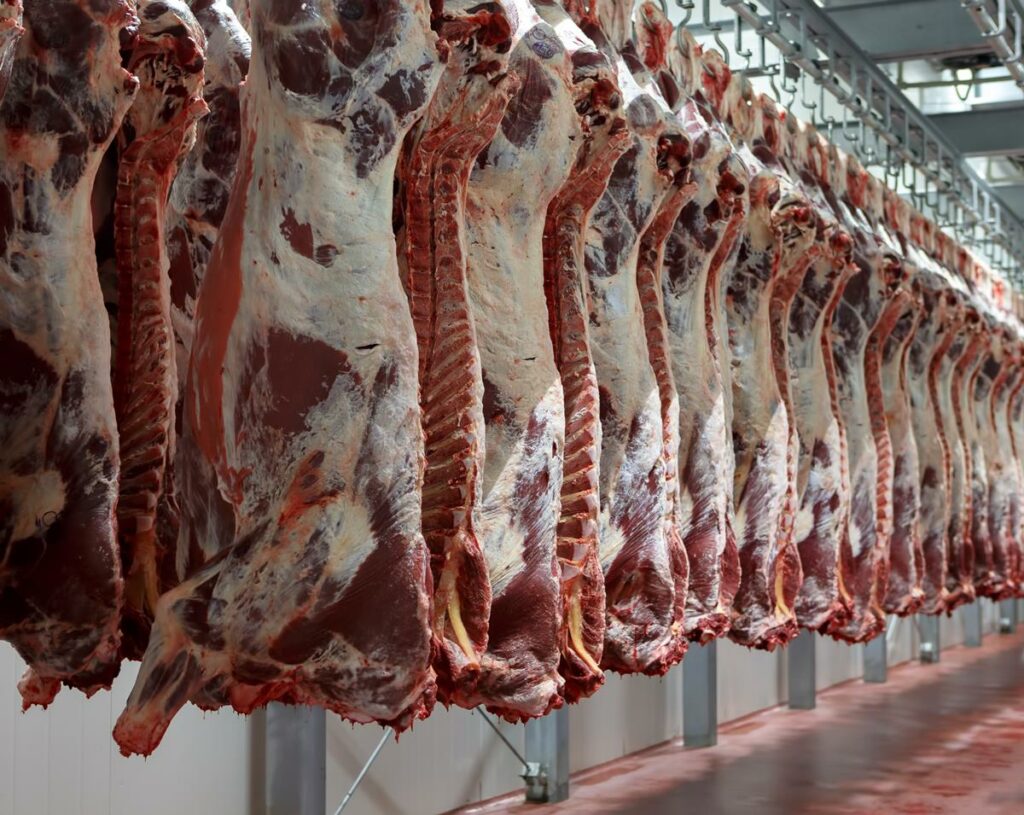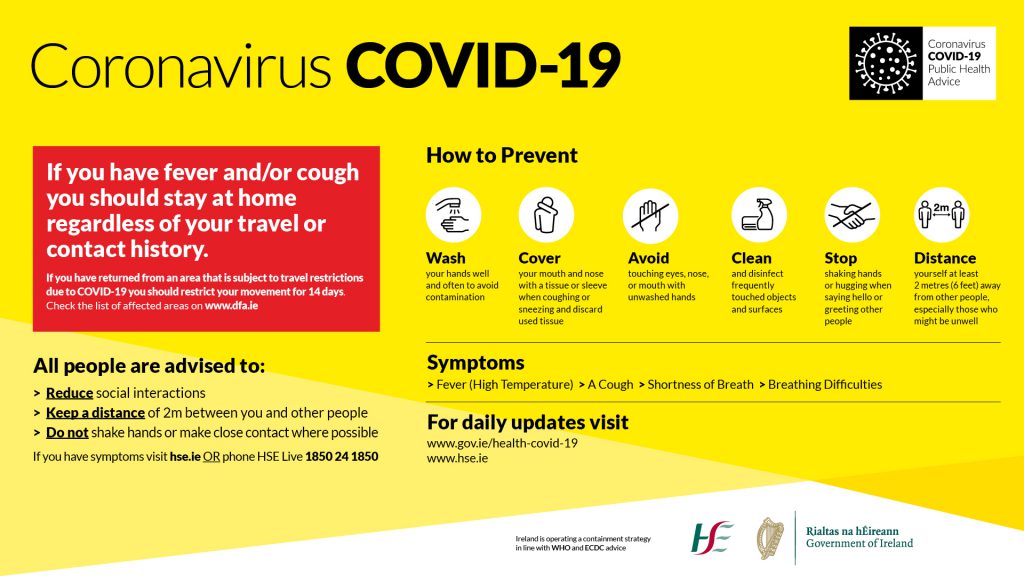As of yesterday evening (Monday, March 16), all beef plants are continuing to operate, following strict, Government-issued protocols to ensure that slaughtering and processing can continue.
However, as the country, and the agricultural sector, comes to terms with the Covid-19 outbreak, it looks as though the virus has already made a negative impact on Irish beef prices – for some categories of stock anyway.
Speaking to procurement managers over the past few days, most have returned the same verdict – the demand for prime, in-spec cattle is highest, with cows feeling the blunt force of the coronavirus pandemic.
This downward pressure comes with no surprise really. Every large-scale event that was planned to take place in Ireland in the coming weeks has either been postponed or cancelled, and this is bound to effect certain food sales.
If you think about it, GAA matches, soccer matches, restaurants, pubs, weddings, parties and so on have all been put on hold – and that’s just here at home.
The more worrying aspect is the calling off of larger events that were planned to take place across Europe – for example, the postponement of the European Championships (Euro 2020) which was scheduled to commence this summer; these type of events always provided a boost in demand.
I hear a lot of farmers asking whether beef sales into China have been affected? While this may be the case, the reality is that the volume of Irish beef sold into the Chinese market is low in comparison with our UK and European markets – a bloc where stronger lock-down measures are being enforced.
While the EU has stated that it will give priority transport for food across its borders, demand will remain the biggest issue for Irish beef exports.
As restaurants close, at home and abroad, the requirement for the ‘higher value cuts’ will ease, and so too will the demand for manufacturing beef for food service outlets.
The timing of this unprecedented and sudden event couldn’t be worse for a trade that has been slowly attempting to get back on its feet over the last couple of months.
Saying that, there will always be a need for food and beef; the Irish beef sector – and indeed the wider Irish food industry – is well set up to overcome this pandemic, but it will not be without its challenges.
Price pressure
As mentioned above, demand is highest for prime cattle with factories focusing on supplying their retail outlets.
However, prices have come under pressure in recent days, with bullocks operating off a base of 365c/kg, with some plants quoting the same for heifers. But, there are still some farmers securing 370c/kg – depending on farmer-factory relationship.
The area which has witnessed the largest sudden price drop is the cow category, with prices decreasing by up to 20c/kg in some plants. This price drop – coupled with a suppressed factory appetite – will cause some producers problems in getting these animals slaughtered.
Where farmers can get cows booked in, negotiations for cows at 285-290c/kg for P-grade animals. 290-305c/kg is on the table for O-grade animals, while 320-330c/kg is being quoted for R-grade cows.
Like the cow trade, prices for bulls have also come under pressure, but to a less severe drop. Factories’ appetite for bulls is varied – with prices of 350c/kg for R grades. O-grade bulls are hovering around the 335-340c/kg mark. 360c/kg is being quoted for U-grade types.
Play your part
To overcome this pandemic, every person – no matter what age, gender or profession has an important role to play in limiting the spread of the Covid-19 virus. Farmers, and indeed all people, are advised to follow the guidelines issued by both the Government and the HSE.



